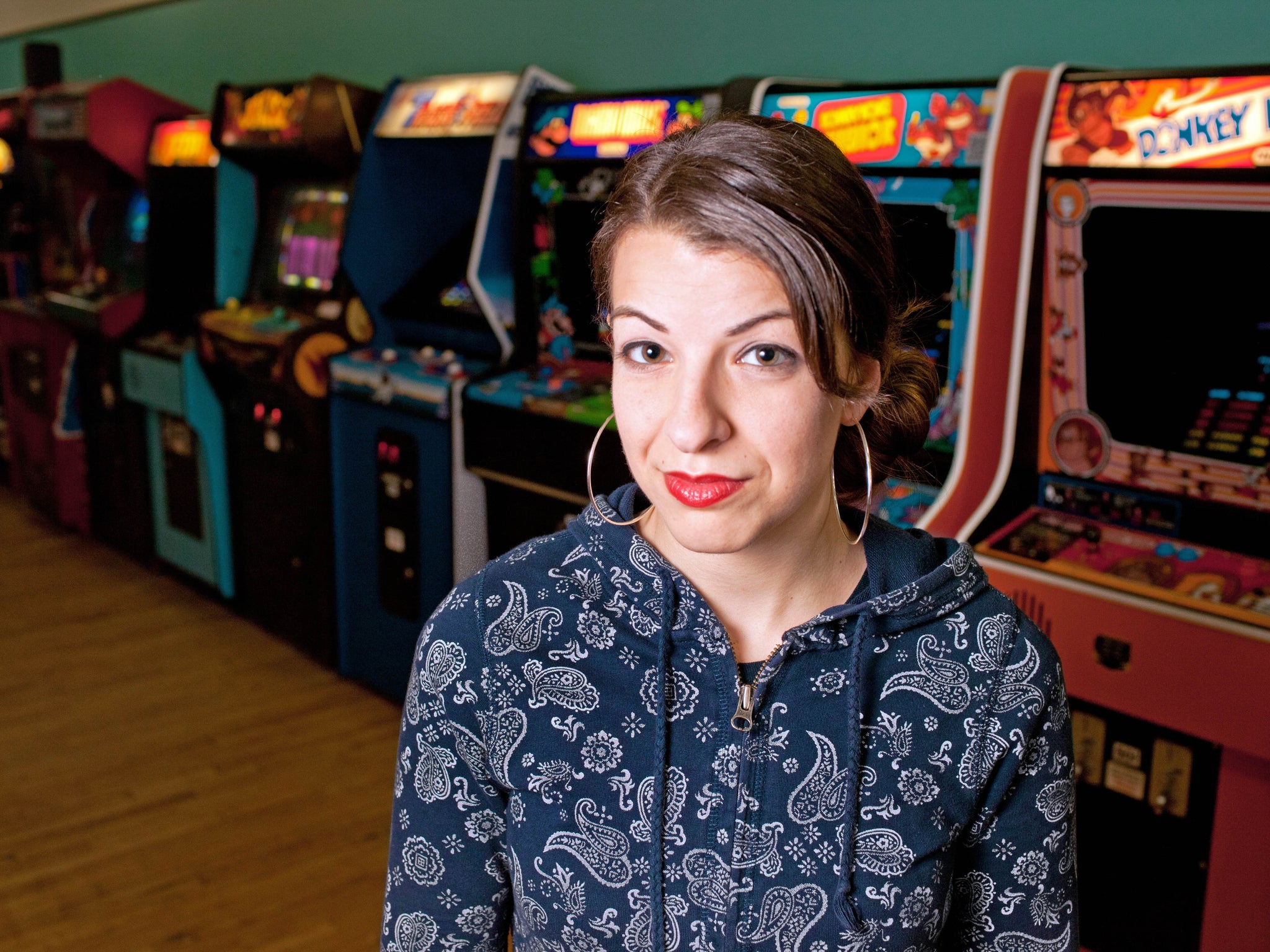GamerGate: Data shows women have received more negative tweets than men
Twitter data analysed by Newsweek seems to show that GamerGate is more about harassing women than media ethics

Your support helps us to tell the story
From reproductive rights to climate change to Big Tech, The Independent is on the ground when the story is developing. Whether it's investigating the financials of Elon Musk's pro-Trump PAC or producing our latest documentary, 'The A Word', which shines a light on the American women fighting for reproductive rights, we know how important it is to parse out the facts from the messaging.
At such a critical moment in US history, we need reporters on the ground. Your donation allows us to keep sending journalists to speak to both sides of the story.
The Independent is trusted by Americans across the entire political spectrum. And unlike many other quality news outlets, we choose not to lock Americans out of our reporting and analysis with paywalls. We believe quality journalism should be available to everyone, paid for by those who can afford it.
Your support makes all the difference.Supporters of the ongoing #GamerGate controversy has always claimed that “actually it’s about ethics in video gaming” but an analysis of tweets over the past months has shown that supporters of the cause disproportionately target women games developers – not male journalists.
Research carried out by social media analytics company BrandWatch and published by Newsweek analysed 25 per cent of tweets since 1 September using the hashtag #GamerGate, noting who they were towards and whether the content was positive, negative or neutral.
The data showed, for example, that Zoe Quinn (a female games developer) was tweeted at more than 10,000 times while games journalist Nathan Grayson was contacted just 732 times.
Both Grayson and Quinn are allegedly involved in the ethics scandal that triggered #GamerGate (Grayson was accused of giving Quinn favourable coverage due to the pair’s relationship but has never reviewed her games) but the mob’s choice of target reinforces the criticism that participants are simply “dedicated misogynists”.
The research published by Newsweek also compared Stephen Totilo, the editor-in-chief of games website Kotaku – one of the main targets of #GamerGaters’ ire – with female journalist Leigh Alexander. Totilo received some 1,078 tweets while Alexander was contacted 13,296 times.
Meanwhile, Anita Sarkeeisan - who is not a journalist but posts feminist critiques of video games online - was found to have received an onslaught of 38,952 tweets on the subject since the start of September. The account of a female games developer who criticised GamerGate, Brianna Wu, was bombarded with over 20,000 tweets.
Their data found that most tweets were neutral, and while some of the tweets directed at Grayson and Totilo were more negative in nature, overall Quinn, Sarkeeisan and Wu received more negative tweets.
Writing for Newsweek, Taylor Wofford summarises the situation: “If the movement is about ethics in games journalism, logic says the majority of tweets on the #GamerGate hashtag should be directed at games journalists and their employers and not at game developers…It’s up to journalists, and their bosses, to maintain ethical standards.”
Join our commenting forum
Join thought-provoking conversations, follow other Independent readers and see their replies
Comments